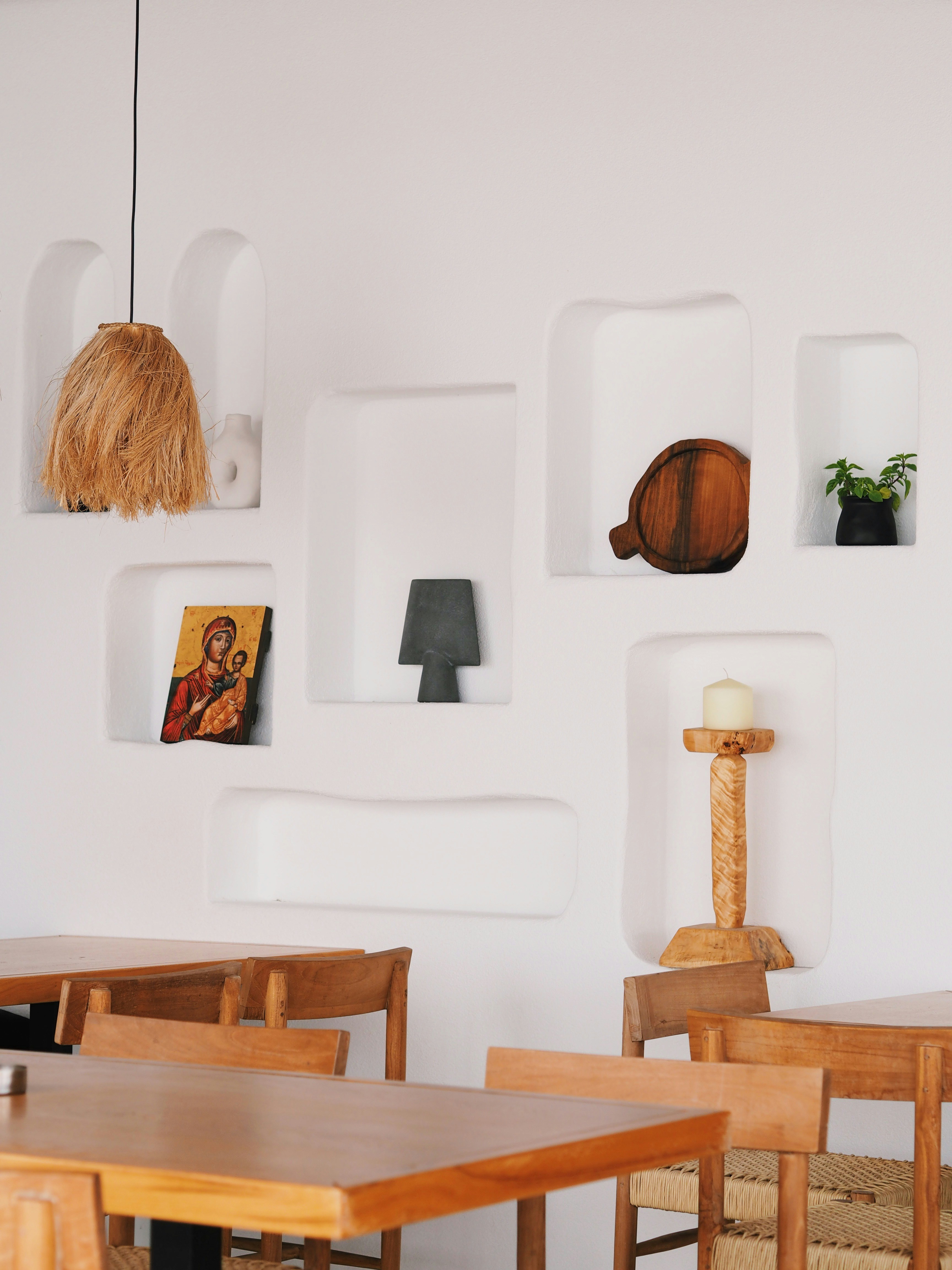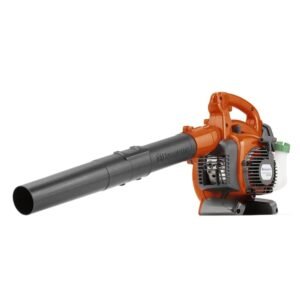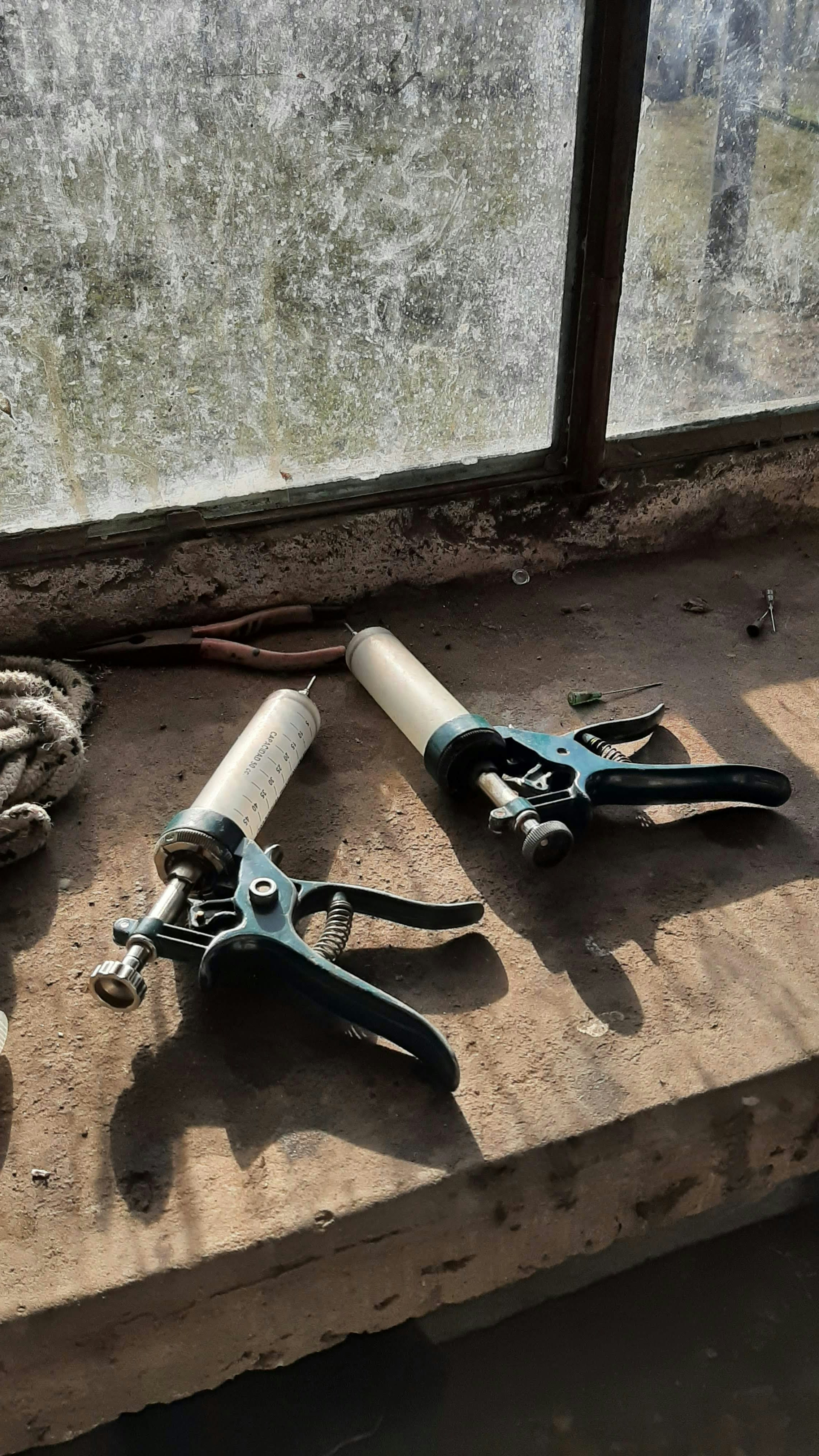What is Minimalist Living?
Minimalist living is a lifestyle choice that emphasizes simplicity and intentionality in various aspects of life. At its core, minimalism encourages individuals to evaluate their possessions and prioritize what truly matters, often advocating for the reduction of clutter—both physical and mental. By focusing on essential items and experiences, minimalist living challenges the prevailing consumer-driven culture that often equates happiness with material accumulation.
The roots of minimalism can be traced back to various philosophical and artistic movements that value simplicity and efficiency. From the early Stoics’ ideas on self-sufficiency to the Japanese Zen philosophy, minimalism draws upon diverse influences that advocate for a more meaningful life through simplicity. This approach underscores the belief that less truly can be more, fostering a mindset that encourages individuals to live with intention rather than excess.
A significant principle of minimalist living is the importance of decluttering one’s space. This entails not just the physical clearing out of items that no longer serve a purpose but also a mental decluttering that helps individuals focus on their priorities. By intentionally selecting only those belongings that add value, individuals can create a serene living environment that promotes mental clarity and overall well-being.
Moreover, minimalist living often shifts the focus from owning possessions to cherishing experiences. Engaging in activities that cultivate joy and fulfillment can lead to a richer, more satisfying life. This shift not only enhances one’s overall happiness but also fosters a sense of community, as individuals may find they form deeper connections through shared experiences rather than through material goods.
Ultimately, the appeal of minimalist living lies in its potential benefits for mental well-being and sustainability. By embracing a simpler lifestyle, individuals can reduce stress, foster mindfulness, and engage more deeply with the world around them. As more people explore the core philosophies of minimalism, it becomes increasingly relevant in today’s fast-paced, consumption-oriented society.
My Preparation for Minimalist Living
In the lead-up to my three-week journey into minimalist living, I found myself reflecting deeply on my motivations for adopting this lifestyle. The saturation of material possessions in my life had reached a point where it felt overwhelming, and I yearned for a more simplified, intentional existence. I began researching minimalism extensively, looking into its principles and the varying approaches one could take. The more I learned, the clearer it became that embracing this lifestyle could lead to reduced stress and increased clarity.
One of the first strategies I planned was decluttering my belongings. I dedicated specific days to sort through each room, creating designated piles for items to keep, donate, or discard. An essential part of this process involved asking myself reflective questions about each item I owned: Does this bring me joy? Do I really need this? This method, inspired by the famous decluttering advocate Marie Kondo, helped me evaluate my possessions critically and shed those items that no longer served a purpose in my life.
Furthermore, I set strict limits on purchases during my minimalist living experience. I recognized that the true essence of minimalism is not just about reducing what one owns but also redefining one’s relationship with material possessions. I resolved to avoid impulse buys and stick to a strict budget, ensuring that any acquisition had a meaningful justification. I anticipated challenges along the way, particularly the temptation to revert to old shopping habits or hold onto items out of sentimentality.
To counter these challenges, I established support strategies such as journaling about my experiences and seeking inspiration from online minimalist communities. These preparations set the stage for my upcoming journey into minimalism, pointing towards a future with less clutter and more freedom, and I was both hopeful and apprehensive about what lay ahead.
The Challenges Faced During the Three Weeks
Embarking on a minimalist lifestyle for three weeks was both enlightening and fraught with challenges. The initial excitement was quickly tempered by the arduous task of decluttering my possessions. One of the foremost challenges was letting go of sentimental items. These objects held emotional weight; each trinket told a story, evoking cherished memories. The process of deciding which items to keep and which to discard proved to be emotionally taxing, as I grappled with the fear of losing those memories attached to physical objects. The more I tried to adhere to minimalist principles, the more I confronted my attachment to various items, resulting in a profound internal conflict.
Another significant hurdle was resisting consumer temptations. Living minimally inherently requires purchasing fewer items, yet society is inundated with persuasive advertisements and marketing strategies. The lure of “essential” products often invoked guilt and self-doubt regarding my decision to live minimally. I found myself wandering through stores, drawn to items that promised to enhance my lifestyle. Each visit felt like a test, as consumer culture continuously beckons with new trends geared towards ownership and accumulation. The struggle to stick to my minimalist commitments was at times overwhelming, and I noticed how difficult it was to remain steadfast in the face of such temptations.
Additionally, unexpected needs arose throughout my minimalism experiment, which challenged my resolve. On several occasions, I found myself lacking essentials that I had deemed non-essential during my decluttering phase. This not only led to moments of frustration but also made me rethink my minimalist approach. Each challenge was a lesson in adaptability and resilience, pushing me to reevaluating what it means to live with less while still meeting my needs effectively. These obstacles ultimately enriched my understanding of minimalism and prompted a deeper exploration into what true minimal living entails.
Reflections and Lessons Learned
My three-week endeavor into minimalist living was an eye-opening venture that led to several valuable insights regarding the balance between simplicity and everyday life. Initially drawn to this lifestyle by the promise of reduced stress and greater clarity, I quickly recognized the struggles that accompany strict adherence to minimalist protocols. While the experience offered moments of clarity and calm, it also illuminated the complexities of contentment beyond physical possessions.
One of the most profound lessons learned was about the concept of balance. It became increasingly apparent that extreme minimalism, while appealing in its simplicity, could inadvertently lead to feelings of deprivation. Living with only the essentials often left me longing for certain items that, while not necessary, brought me joy and utility. This realization demonstrated that minimalism should not equate to sacrifice, but rather should serve as a framework for appreciating what truly matters in life. By identifying what holds value to me, I can embrace a more moderated approach to consumption.
Another key reflection involved redefining contentment. The minimalist mindset encouraged me to evaluate my relationship with belongings and the emotional ties I have with them. I found that true contentment does not stem solely from what one possesses but also from experiences and relationships that enrich life. I began to view possessions as tools to enhance my experiences rather than restrictions that burden my existence. Therefore, integrating some minimalist principles into my life does not mean abandoning cherished items or rigorous standards but rather adopting a more intentional approach to living.
In moving forward, I aim to curate my space and engage with possessions consciously, fostering a balance that promotes clarity while allowing for personal expression. By selectively incorporating minimalist ideologies alongside my existing lifestyle, I can aspire toward an enriched life that neither fully embraces nor wholly rejects the tenants of minimalism.
If you’re interested in purchasing the item you seek, please click the link for additional details: #americanachoice.
https://amzn.to/3SBN3Oy
AFFILIATE DISCLOSURE: I am an affiliate for this company, I am not a paid employee.
I may receive a commission if you click a link on this page and choose to purchase something.
You can rest assured I will only share things I believe in and will be valuable to you.



